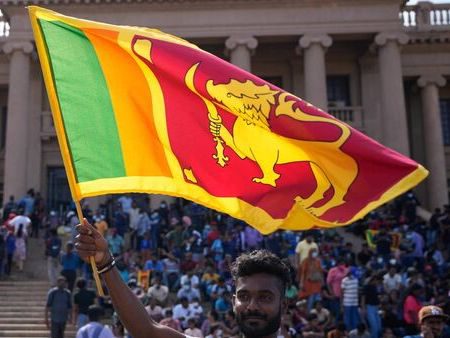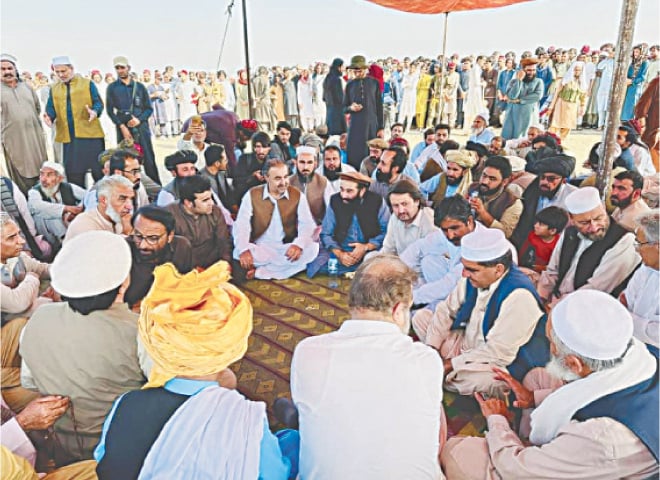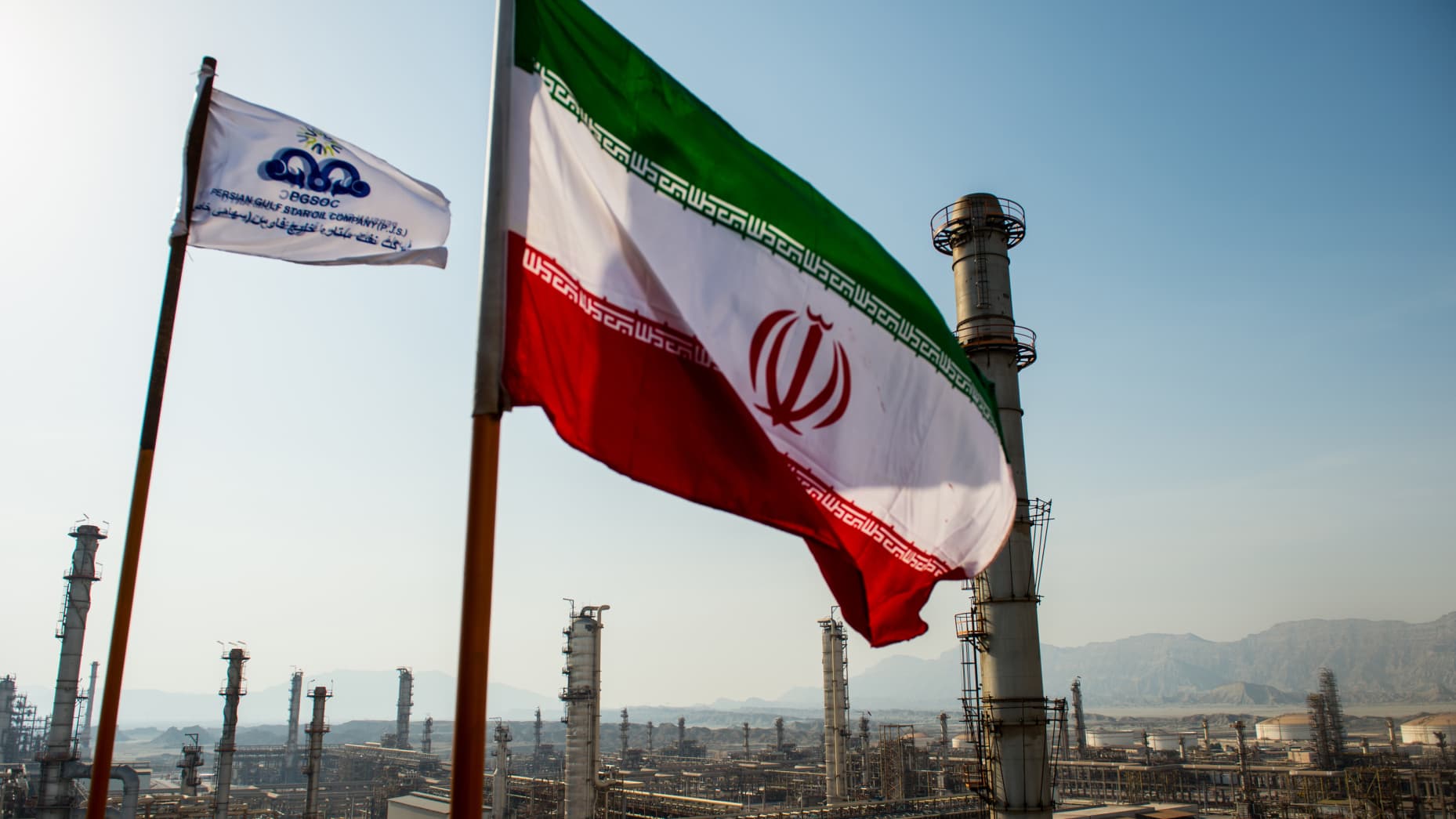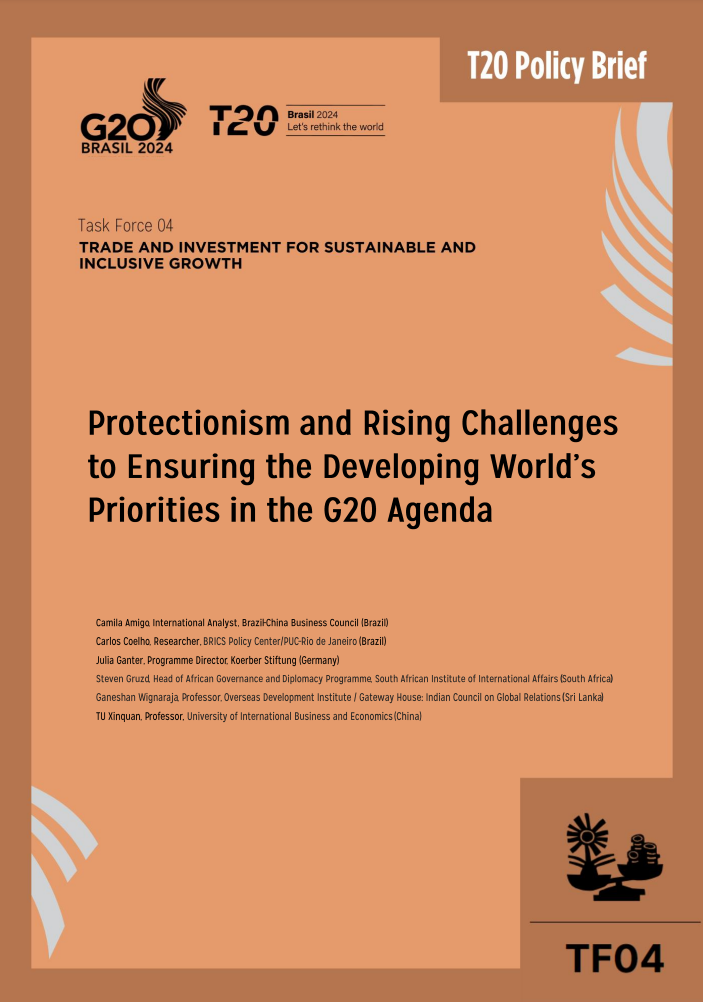 Courtesy:
Courtesy:
The Maritime Silk Road, the Belt and Road Initiative, and a sizeable catalogue of agreements with actors from Kabul to Tel-Aviv have been the basis for the growing presence of China spanning the military, diplomatic, economic, and political spheres in the Middle East.
 Courtesy:
Courtesy:
Sri Lanka's sovereign debt default in April 2022 triggered a paralyzing economic crisis. Steep inflation and widespread financial uncertainty hampered any efforts at recovery. The economy is now showing signs of stabilization. Internally focused government policies, foreign investment, aid from development partners like India and the U.S., and the IMF’s recovery program have set Sri Lanka on the path to recovery and, hopefully, eventual economic success.
 Courtesy:
Courtesy:
President Droupadi Murmu made state visits to Algeria, Mauritania, and Malawi from 13-19 October. It was the first-ever visit by an Indian head of state to these African nations, reflecting New Delhi's interest in strengthening its multidimensional strategic partnership with the continent. It also provides an opportunity to understand and respond to the needs of nations in the Global South.
 Courtesy:
Courtesy:
There is much discussion these days on the world order and the continuation or demise of the current format. To understand why this powerful agglomeration of states and rules is now being questioned, it is necessary to understand the role of China, its co-option of the institutions and rules of the world order, and the parallel order it is creating centred around itself.
 Courtesy:
Courtesy:
India’s defence sector is a success of the self-reliance push by New Delhi. Now it is looking to export, and the continent of Africa is a region of promise. It has geostrategic convergence and equipment complementarity with India.
 Courtesy:
Courtesy:
Maldivian President Muizzu's state visit to India last week was marked by discussions on a Free Trade Agreement, a vision document on maritime security cooperation, and five MOUs. India committed to supporting the Maldives’ development goals, while the Maldives pledged to respect India's security concerns in the Indian Ocean. Hopefully, this mutuality of interests will be the principal driver in the bilateral as it implements joint visions of economic and strategic cooperation.
 Courtesy:
Courtesy:
In the backdrop of the Shanghai Cooperation Organisation summit being held in Islamabad this week, is a restive state and peoples. Three high profile attacks in just a week were followed by a show of defiance from the large Pashtun community, demanding political equity – but also electricity concessions. The military has been stepping in to resolve commercial power deals, underlining the criticality of this issue in Pakistan.
 Courtesy:
Courtesy:
A potential escalation of the Iran-Israel conflict will affect energy supplies globally. Tempering the conflict will help the U.S. keep petrol prices down before its election, protect the oil and gas export traffic in the Persian Gulf, keep the surreptitious Iran-Malaysia-China oil sales going, and prevent a major headache for India, which imports over 80% of its oil.
 Courtesy:
Courtesy:
The past week has been eventful for India’s Neighbourhood First policy, with the External Affairs Minister’s visit to Sri Lanka and the state visit of the President of Maldives to India. Rajiv Bhatia, Distinguished Fellow, Foreign Policy Studies, Gateway House and Amit Bhandari, Senior Fellow, Energy, Investments and Connectivity, Gateway House, analyse India’s regional outreach and recent economic and political changes in the subcontinent.
 Courtesy:
Courtesy:
The breakdown of the Doha negotiations at the World Trade Organization and ongoing wars in Ukraine and West Asia have led to rising protectionism, which disproportionately affects developing countries. This policy brief recommends how the G20, representing nearly 75% of international trade, can leverage its position to advance a non-discriminatory, sustainable, and transparent multilateral trading system for low and middle-income countries.












